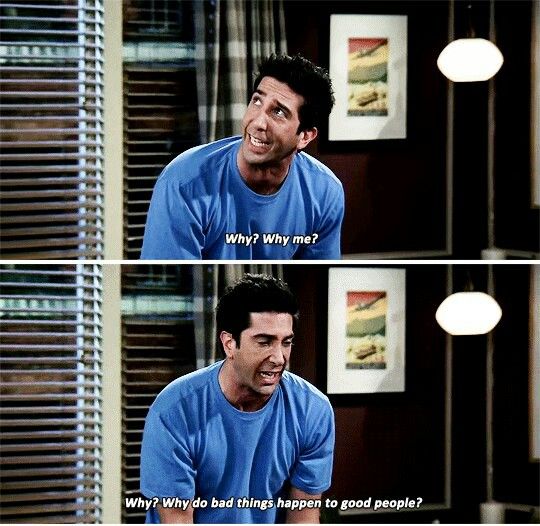Pandemic in the Midst of Holy Week
 |
| Station of the Cross, Station 5 "Simon of Cyrene helps Jesus carry the cross," Church of the Holy Trinity, Germunden am Main, Germany |
In most Holy Week celebrations we are often like the disciples who fall asleep when Jesus prayed. Honestly I can’t blame them for sleeping, for if the disciples were anything like my dad after a big holiday meal it really was inevitable that they’d take a nap!
But this Holy Week experience is very different from years past for I now empathize with Jesus like I never have before. I am restless and unable to sleep, fretting like a deer in the headlights about my inability to do anything about what I see coming my way. Furthermore, I know I am not alone in feeling abandoned by the people I love. Social distancing in a pandemic will do that to you.
I too have doubts about God’s plan for me. Where is God in all of this suffering? Can I also cry out with Christ: “My God, My God, why have You forsaken me?” (Matthew 27:46).
When bad things like tornados and viruses strike a community, too many Christians often justify God by saying God is either punishing sinners justly or has a grand and mysterious good plan for us all. All I can say is: “Oh what horrible options to choose from!” I’m forced to choose between repressing my feelings in the frying pan because my suffering is my fault so I must repent, or repressing my feelings in the fire because my suffering is God’s will which I have to accept!
Ultimately, neither statement is completely true.
Firstly, good and bad things don’t discriminate between good and bad people. They happen to everyone indiscriminately. Suffering is no more a sign of immorality than blessings are a sign of morality!
Secondly, that God heals and redeems our darkest moments proves God is good. But it is sadistic to suggest God causes suffering just so God can provide healing.
The truth is that sometimes bad things happen to good people for no reason at all. God admits as much to Satan saying: “…you incited me against [Job] to ruin him without reason” (Job 2:3).
It might sound impious, but it is never wrong to speak honestly about God. Job suffered unjustly and was within his right to say: “God has wronged me…Though I cry, ‘I’ve been wronged!’ I get no response; though I call for help, there is no justice” (Job 19:6-7).
It’s never sinful to admit feeling hurt by God or to question why your prayers have gone unheard. It’s a mark of integrity to speak truth. Sinful is sweeping true feelings under the rug for the sake of maintaining dishonest “Christian” appearances.
Job’s greatest statement of faith was only possible because he was honest about his great state of anguish. In the pit of despair Job was able to still say: “I know that my Redeemer lives…”(Job 19:25). Job wasn’t guilty, in denial, or passive. Job was faithful.
Faith loses its meaning when we don’t allow ourselves to feel abandoned by God. Even Jesus felt abandoned by God when faced with suffering and death. It is precisely for those sleepless nights in the Garden of Gethsemane that faith proves most valuable. For in the midst of uncertainty and death, we too can echo Job and say “Our Redeemer lives.”
Ron Ullrich is an
Associate Pastor at
Generations of Grace
in Lebanon, TN




Comments
Post a Comment